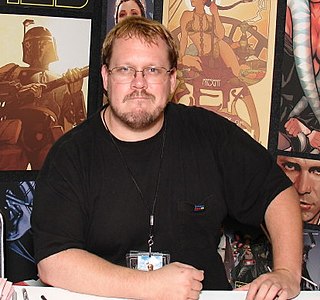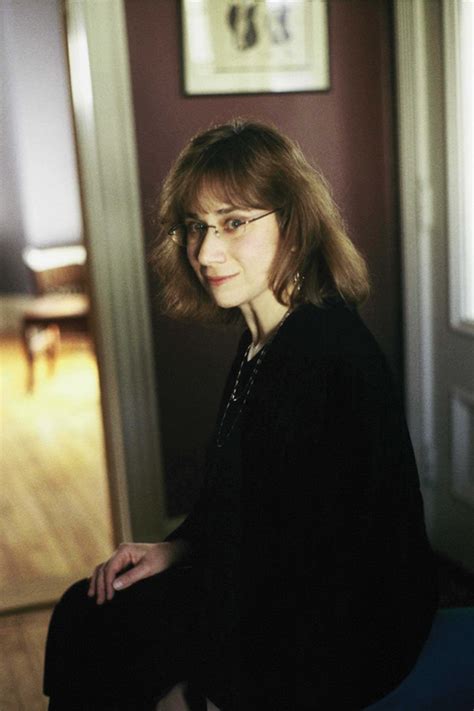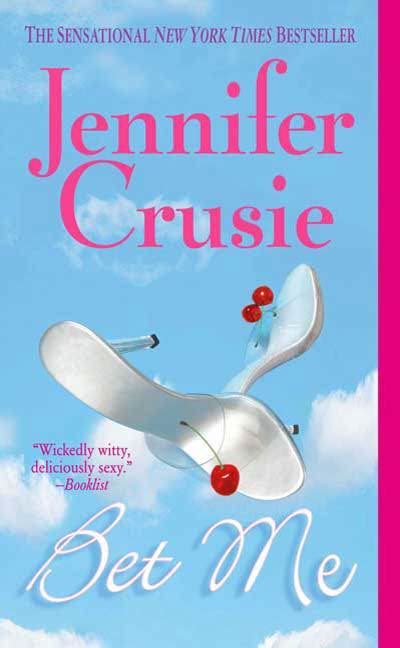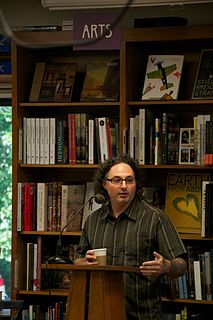A Quote by Margaret Atwood
If I pick up a book with spaceships on the cover, I want spaceships. If I see one with dragons, I want there to be dragons inside the book. Proper labeling. Ethical labeling. I don't want to open up my cornflakes and find that they're full of pebbles... You need to respect the reader enough not to call it something it isn't.
Related Quotes
I just hate the whole idea of labeling anything as a comedy. If you tell me something's funny, I'll want to rebel against it. When I go to a bookstore and see books categorized as humor, I get furious. Don't tell me that a book is funny. Let me decide if it's funny. It's the same with sitcoms. You call something a sitcom and people expect it to be funny. And that ruins everything.
I used to want covers that represented the book's contents very closely and were also pretty. Many folks automatically believe that this is what makes a good cover. But I've changed my mind about this. While the cover should not lie (by implication or outright), its job is simply to say: 'Pick me up!' to someone who might like the book.
With the audience I write for, I want to make sure that the reader is eagerly turning every page. I want each of my books to be an absorbing reading experience, an authentic piece of literature. The worst thing that can happen is for a book to have a chilling effect on the reader, to have a kid pick it up and look at a bunch of footnotes and think, No, I'm not going to read this, it's too intimidating.
Much of an editor's job is in fact pretty nanny-like in nature: in many ways, you're there to protect and defend, to reassure and clean up. What I ask from writers is respect. I want them to respect me enough to turn in a clean draft. I want that draft to be as good as they can make it. I want to feel the thought behind those words. And I want it to be turned in on time. It drives me wild when I get a story that's obviously slapped together, and the same can be said for a manuscript; you should respect your reader enough to give her something that reflects your best efforts.
Write what you want to read. So many people think they need to write a particular kind of book, or imitate a successful style, in order to be published. I've known people who felt they had to model their book on existing blockbusters, or write in a genre that's supposed to be "hot right now" in order to get agents and publishers interested. But if you're writing in a genre you don't like, or modeling yourself on a book you don't respect, it'll show through. You're your first, most important reader, so write the book that reader really wants to read.
In my couple of books, including Going Clear, the book about Scientology, I thought it seemed appropriate at the end of the book to help the reader frame things. Because we've gone through the history, and there's likely conflictual feelings in the reader's mind. The reader may not agree with me, but I don't try to influence the reader's judgment. I know everybody who picks this book up already has a decided opinion. But my goal is to open the reader's mind a little bit to alternative narratives.
What I am most proud of with the book On to the Next Dream is how I turned an intensely emotional experience into art. Anyone can run up to a rooftop, tear off their clothes, and scream about how screwed up the world is. But for the people down below, all they see is a person losing their mind. I wanted to make something that channeled that emotion in a way that elicited an empathetic response from the reader. So that after you read this book, you would want to run up to the rooftop and scream about how screwed up the world is.





































